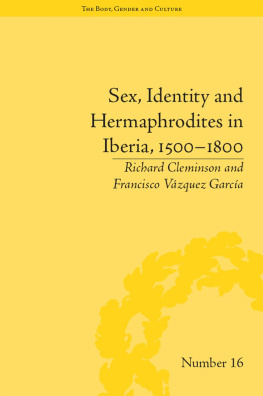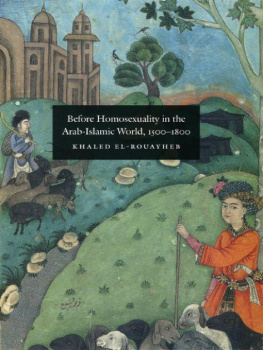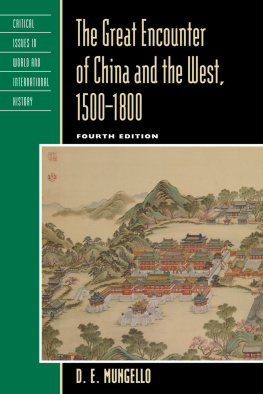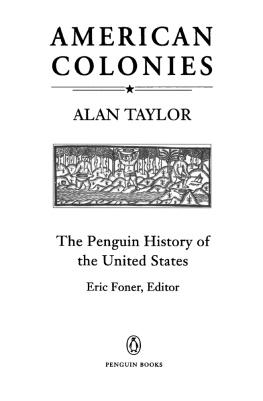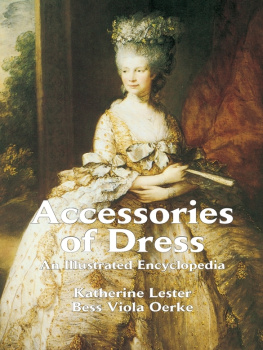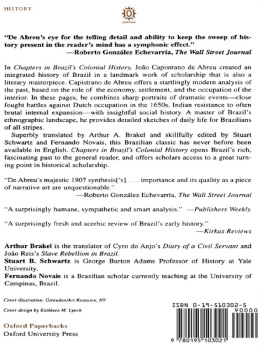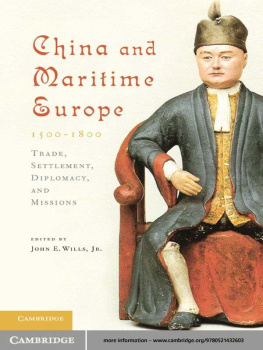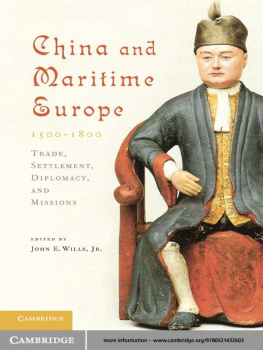Nicholas Canny - Colonial Identity in the Atlantic World, 1500-1800
Here you can read online Nicholas Canny - Colonial Identity in the Atlantic World, 1500-1800 full text of the book (entire story) in english for free. Download pdf and epub, get meaning, cover and reviews about this ebook. year: 2020, publisher: Princeton University Press, genre: Politics. Description of the work, (preface) as well as reviews are available. Best literature library LitArk.com created for fans of good reading and offers a wide selection of genres:
Romance novel
Science fiction
Adventure
Detective
Science
History
Home and family
Prose
Art
Politics
Computer
Non-fiction
Religion
Business
Children
Humor
Choose a favorite category and find really read worthwhile books. Enjoy immersion in the world of imagination, feel the emotions of the characters or learn something new for yourself, make an fascinating discovery.

- Book:Colonial Identity in the Atlantic World, 1500-1800
- Author:
- Publisher:Princeton University Press
- Genre:
- Year:2020
- Rating:4 / 5
- Favourites:Add to favourites
- Your mark:
- 80
- 1
- 2
- 3
- 4
- 5
Colonial Identity in the Atlantic World, 1500-1800: summary, description and annotation
We offer to read an annotation, description, summary or preface (depends on what the author of the book "Colonial Identity in the Atlantic World, 1500-1800" wrote himself). If you haven't found the necessary information about the book — write in the comments, we will try to find it.
The description for this book, Colonial Identity in the Atlantic World, 1500-1800, will be forthcoming.
Colonial Identity in the Atlantic World, 1500-1800 — read online for free the complete book (whole text) full work
Below is the text of the book, divided by pages. System saving the place of the last page read, allows you to conveniently read the book "Colonial Identity in the Atlantic World, 1500-1800" online for free, without having to search again every time where you left off. Put a bookmark, and you can go to the page where you finished reading at any time.
Font size:
Interval:
Bookmark:
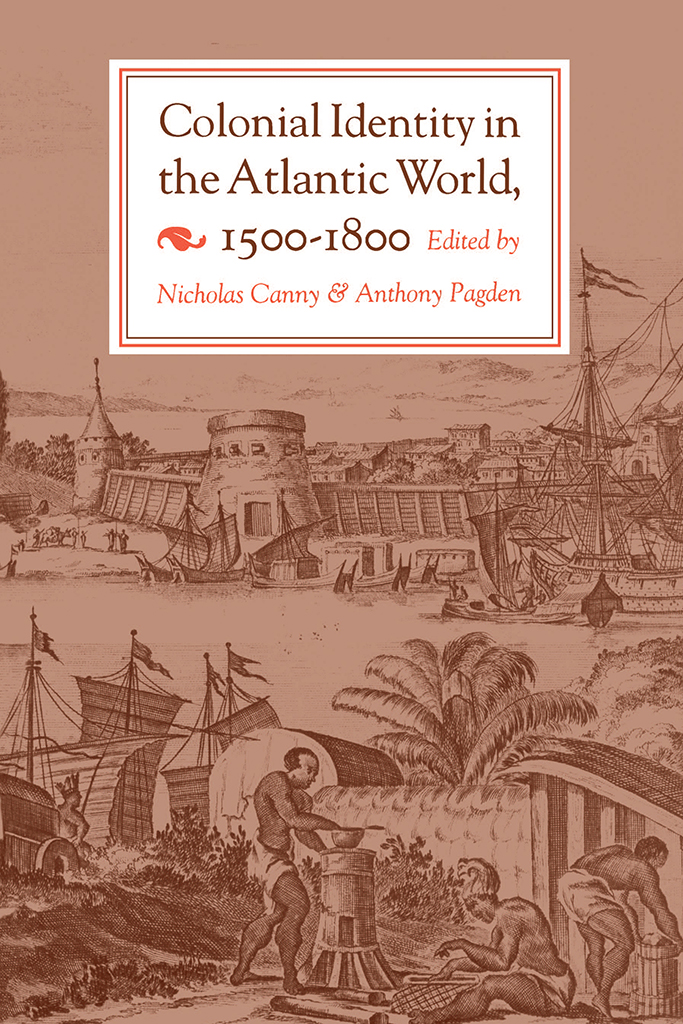
Colonial Identity in the Atlantic World, 1500-1800
in the Atlantic World,
 1500-1800
1500-1800Edited by Nicholas Canny and Anthony Pagden
PRINCETON UNIVERSITY PRESS
Copyright 1987 by Princeton University Press
Published by Princeton University Press, 41 William Street, Princeton, New Jersey 08540
In the United Kingdom: Princeton University Press, Chichester, West Sussex
All Rights Reserved
Library of Congress Cataloging-in-Publication Data
Colonial identity in the Atlantic world, 1500 1800
Chiefly revised versions of essays presented at a seminar held in 1982 at the Institute for Advanced Study, Princeton, N.J.
Includes index.
Contents: Introduction: colonial identity in the Atlantic world / John H. ElliottThe formation of a colonial identity in Brazil / Stuart B. SchwartzIdentity formation in Spanish America / Anthony Pagden- [etc.]
1. AmericaHistoryTo 1810Congresses. 2. EuropeColoniesAmericaCongresses. 3. IrelandCivilizationCongresses. I. Canny, Nicholas P. II. Pagden, Anthony. III. Institute for Advanced Study (Princeton, N.J.)
E18.82.c64 1987 909.09812 87.2241
ISBN 0-691-053723 (alk. paper)
ISBN 0-691-00840x (pbk.)
eISBN: 978-0-691-22209-7
R0
to The Institute for Advanced Study
 Contents
Contentsix
xi
 Acknowledgments
AcknowledgmentsEARLIER versions of most of these essays were commissioned for a seminar held in 1982 at the Institute for Advanced Study. When it was mentioned at the seminar that Jack Greene was working on problems in relation to colonial West Indian society similar to the ones that were under discussion, it seemed appropriate that he should contribute to the volume. We are grateful to him for having agreed to do so and to John H. Elliott for setting the individual pieces in a broader context. The concluding remarks are of course our own, but they as well as some of the other essays in this book have benefited greatly from the comments of the two readers appointed by Princeton University Press. The views expressed in these essays were also sharpened by the criticisms and observations of the other participants in the Princeton seminar: Clifford Geertz, Albert Hirschman, John Murrin, P. E. Russell, and Kevin Sharpe. While acknowledging the help of all these individuals, we owe a special debt to Albert Hirschman, who has discussed the form and purpose of this volume with us at several stages in its development and whose habitual clarity has often made it possible for us to see what we were trying to achieve. We would also like to thank those officers of the Princeton University Press, in particular Joanna Hitchcock, who have encouraged and advised us from the beginning. The fluency of the volume has been greatly enhanced by the expert editing of Elizabeth Gretz.
Both we ourselves as editors of the collection and the other contributors are deeply indebted to the Andrew W. Mellon Foundation for the financial assistance that made its realization possible. Over the years 19791982 the Mellon Foundation gave a generous grant to the Institute for Advanced Study for a program to be operated jointly by the Schools of Historical Studies and Social Science. The theme of this three-year seminar was self-perception, mutual perception, and historical development, and although neither of us was a formal participant, we were both Members in the School of Historical Studies in 19791980 and found in the theme of self-perception an idea that could be fruitfully used in our own work on colonization in Ireland and Mexico. It was out of this that the volume was born.
This acknowledgment will reveal our even greater debt to the Institute for Advanced Study. It was when we were both members there that the book was conceived; it is to the Director and Members of the Institute that we have been, in so many ways, most consistently indebted, and it is to them, as a token of our gratitude and affection, that this book is dedicated.
N.C.
A.P.
 Contributors
ContributorsNICHOLAS CANNY is Professor of Modern History in the National University of Ireland at University College, Galway.
JOHN H. ELLIOTT is Professor in the School of Historical Studies at the Institute for Advanced Study, Princeton.
JACK P. GREENE is Andrew W. Mellon Professor in the Humanities at the Johns Hopkins University.
ANTHONY PAGDEN is Fellow of Kings College and Lecturer in History at the University of Cambridge.
GILLES PAQUET is Dean of the Faculty of Administration, University of Ottawa.
STUART B. SCHWARTZ is Professor of History at the University of Minnesota.
JEAN-PIERRE WALLOT is Federal Archivist of Canada.
MICHAEL ZUCKERMAN is Professor of History at the University of Pennsylvania.
Colonial Identity in the Atlantic World, 15001800
 Introduction: Colonial Identity in the Atlantic World
Introduction: Colonial Identity in the Atlantic WorldJohn H. Elliott
THIS VOLUME of essays represents a pioneer attempt to explore on a comparative basis a notional entitythe Atlantic colonial world. Whether the Atlantic colonial societies of the sixteenth, seventeenth, and eighteenth centuries can be successfully treated as joint members of an Atlantic community, with important common characteristics, rather than as individual entities with their own distinctive natures and problems, is for readers to judge for themselves. The general practice has been to discuss them in isolation, partly because of the immensity of the task involved in mastering vast quantities of information in a variety of languages and partly because the contrasts, for example, between the experience and the practices of French settlers in Canada and Portuguese settlers in Brazil appear so striking as to make any attempt to treat them in unison a nugatory exercise.
Historical compartmentalization, however, has its disadvantages. Intensity of research, whether on the Caribbean colonies, colonial Mexico, or British North America, has inevitably led to a narrowing of focus. Regions have been broken up into subregions and colonial empires have been fragmented into a congeries of individual historical units, leaving a great divide even between specialists working on the same empire. Historians of Peru sometimes find themselves barely within hailing distance of those of Mexico, and to historians of New England those of the Chesapeake may seem equally remote. The editors of this volume, one of them concerned with British overseas expansion and the other with Spanish, found in the course of discussions during a year spent at the Institute for Advanced Study that, in spite of the marked differences between the two colonizing powers, the settler communities which they established had a number of characteristics and problems in common. As a result of their discussions the editors felt that it might be of value to include other historians of the Atlantic colonial world in their debate, if only to determine whether the things that united them might not be as important as those that divided them. This volume is the outcome of their initiative.
The Atlantic colonial world of the sixteenth and seventeenth centuries rightly conjures up visions of the New World of America, with its indigenous Indian populations. The inclusion of Ireland in this volume may therefore at first sight seem surprising. The crossing to Ireland may have heen unpleasant, but the rigors of the voyage were hardly comparable to those involved in crossing that frightful ocean Ireland, as one of Europes first overseas conquests and areas of settlement, would therefore seem to play an integral part in the Atlantic colonial story.
Font size:
Interval:
Bookmark:
Similar books «Colonial Identity in the Atlantic World, 1500-1800»
Look at similar books to Colonial Identity in the Atlantic World, 1500-1800. We have selected literature similar in name and meaning in the hope of providing readers with more options to find new, interesting, not yet read works.
Discussion, reviews of the book Colonial Identity in the Atlantic World, 1500-1800 and just readers' own opinions. Leave your comments, write what you think about the work, its meaning or the main characters. Specify what exactly you liked and what you didn't like, and why you think so.

